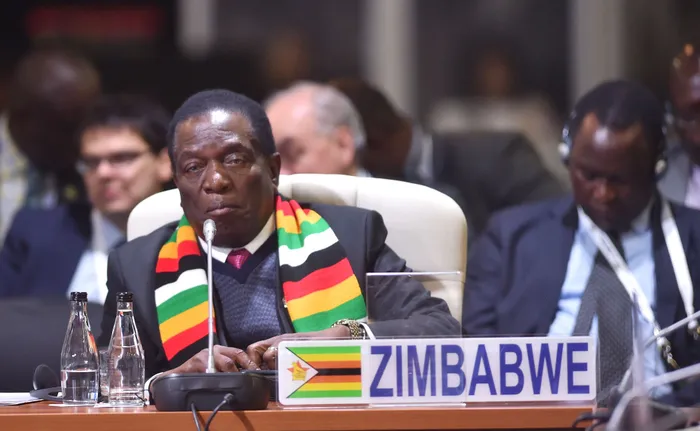Mining Other

IMF Projects Zimbabwe Growth Rebound to 6% in 2025 After 2024 Slump

The International Monetary Fund expects Zimbabwe’s economy to rebound to 6% in 2025, citing stronger agricultural output, higher gold prices and steady remittance inflows. The economy had slowed to 1.7% in 2024 after a drought slashed harvests and hydropower production.
“Despite persistent policy challenges, Zimbabwe is experiencing a degree of macroeconomic stability,” the IMF said in a statement on October 2 after concluding Article IV consultations with authorities. “Economic activity picked up in the first half of 2025 thanks to improved climatic conditions, record gold prices and sustained remittance inflows.”
Medium-Term Risks
The IMF warned growth could ease to 3.5% in the medium term due to weak market confidence in the government’s stabilization program and high fiscal financing needs that may crowd out private sector credit.
The Fund also flagged persistent gaps between the official exchange rate and the parallel market rate despite Harare’s introduction in April 2024 of a gold-backed currency, the Zimbabwe Gold (ZIG).
Fiscal Tightening
The IMF noted that the government has issued Treasury bills to repay domestic arrears but stressed that tighter fiscal policy is needed to close financing gaps, prevent new arrears and avoid renewed central bank financing of the budget.
It called for higher revenues, spending cuts, and governance reforms at the sovereign wealth fund, the Mutapa Investment Fund. Recommended measures include rationalizing tax incentives and reducing civil service wage costs.
Zimbabwe has been in crisis since the early 2000s, when former President Robert Mugabe’s land reform program expelled about 4,500 white commercial farmers. The policy caused a collapse in agricultural output, foreign investment and exports, pushing Harare to default on nearly $13 billion owed to the World Bank, African Development Bank, European Investment Bank and Paris Club creditors.
The defaults forced the government to rely on money printing, triggering years of hyperinflation. The IMF has tied future financial support to Zimbabwe clearing its arrears. Harare has begun making symbolic repayments to multilateral lenders and Paris Club members.












